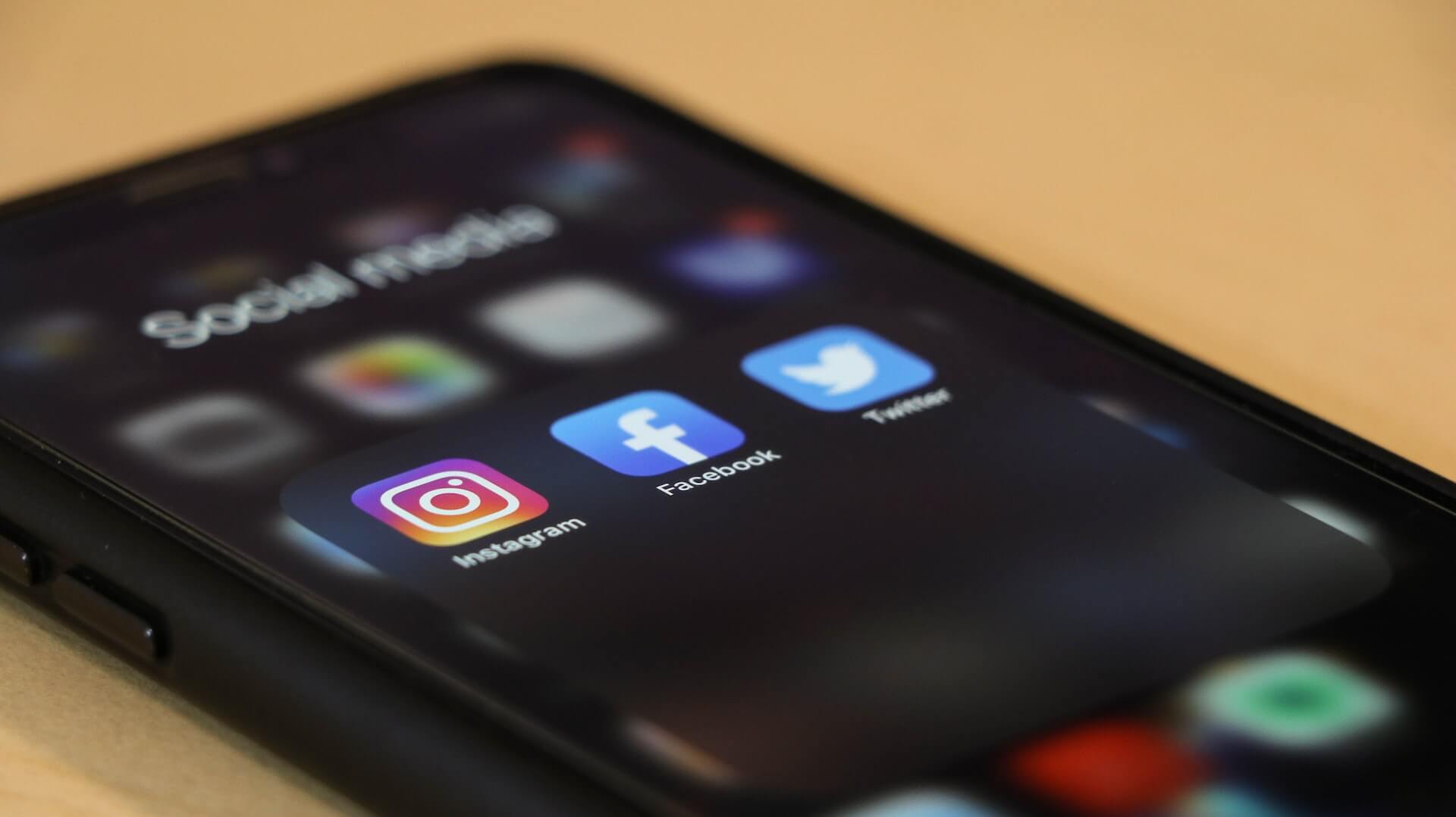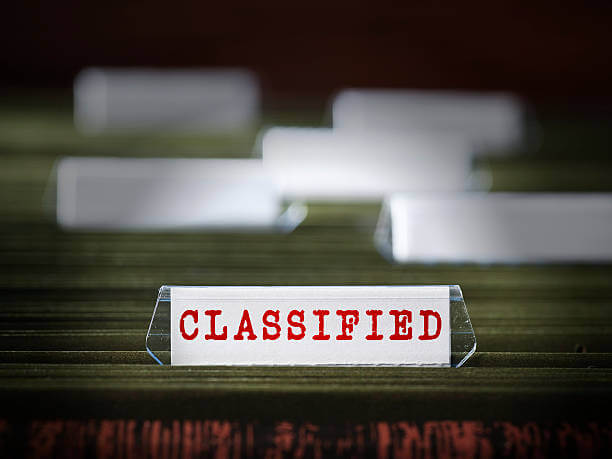The Irish punch above their weight. That is why worldwide, on March 17, people who don’t have a platelet of Irish blood and who have never thought of visiting the island of Ireland joyously celebrate St. Patrick’s Day.
That day may or may not have been when St. Patrick, Ireland’s patron saint, died in the 5th century.
The fact is, very little is known about St. Patrick. The broad outline is that he was born in Roman Britain, kidnapped by pirates as a child and taken to Ireland as a slave. He escaped, returned to Ireland as a Christian missionary and became a bishop.
To be sure, in the Emerald Isle truth can be augmented with folklore, mysticism, and the great love of a good story.
Hence devout Ireland can also believe in fairies and leprechauns, or little people, to this day. Both are quite real to some in Ireland, although, unlike the festival of St. Patrick, they don’t seem to have crossed the Atlantic, or even the Irish Sea, except in movies.
When horseback riding with my wife on an annual visit to the northwest of Ireland, we were curious about a stand of trees that seemed not to belong in the middle of a working farm field.
“A fairy ring is in there. You can ride through, if you keep on the path,” a stableman told us.
But he warned that if we got off the path, we would upset the fairies. “And you wouldn’t want to do that, would you?”
Indeed, we didn’t want to upset any fairies, so we stayed on the path, and all was well.
From what I have gathered, the little people co-exist with the fairies but also are separate.
A friend built a house for his mother near Galway. It was an A-frame house with a low, decorative wall around it. The wall had — surprise — a gap; not a gate, just a space of about 18 inches. That, she insisted, with the concurrence of locals, was for the little people to pass through. You don’t mess with the little people any more than you would trample a fairy circle.
The little people were originally an Irish tribe dating back to antiquity, who disappeared but were encased in legend. When Hollywood met Irish legends, the movies embraced the legends and expanded them.
Over the centuries, Ireland has been hard-used by England. It began with the English Reformation and Henry VIII and went on through the English Revolution, with Oliver Cromwell being especially brutal, then on to the potato famine in the 19th century and the excesses of the Black and Tans, poorly trained and equipped, thuggish British troops with mismatched tunics and trousers.
Given that around 40 million Americans can claim some Irish ancestry, it might be argued that they were welcomed here. Hardly. Irish immigrants were often persecuted as they flooded in, escaping the privations at home.
I thank my friend Sheila Slocum Hollis, a very proud Irish-American, for pointing out that in the 1920s, the Irish were victims of the Ku Klux Klan violence in Denver. They fit the profile of KKK enemies, along with Blacks and Jews. Except they were Irish and Catholic.
In no field of endeavor have the Irish punched above their weight more than in literature. They took the language of the conqueror, the English, and have added to it immeasurably and profusely.
Irish writers have enhanced, expanded and luxuriated in the English language. Just a few towering names: Swift, Shaw, Wilde, Joyce, Yeats, Beckett, Goldsmith, Synge, Bowen, O’Brien, Hoult, Lavin, Murdoch, Binchy and, contemporarily, John Banville and Sally Rooney.
The Irish word for good fun is craic (pronounced “crack”). “Good craic” is a party where you indulge.
I wish you great craic this St. Patrick’s Day. May you consort with the little people, after some Guinness, and may the fairies guide you safely home. Sláinte!









